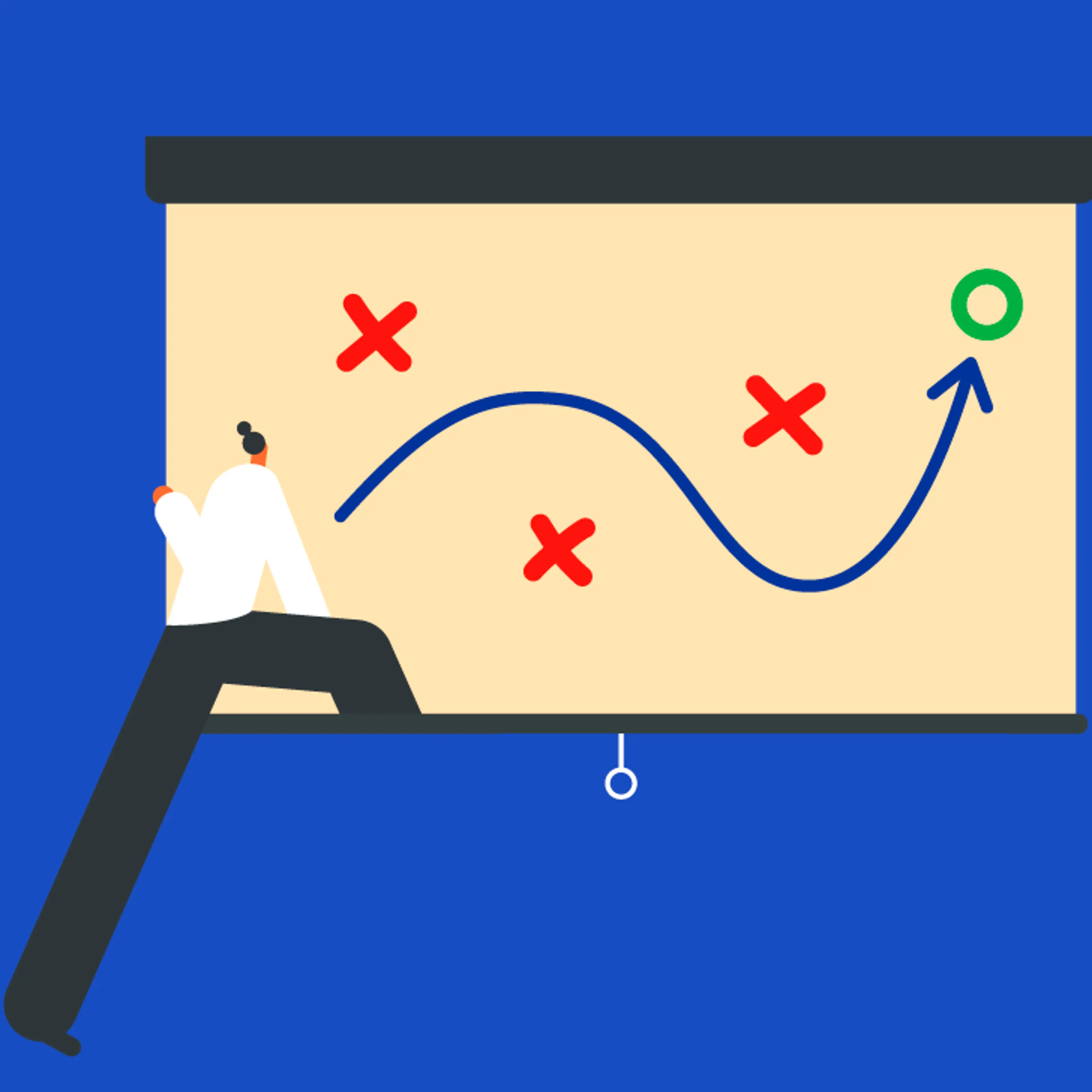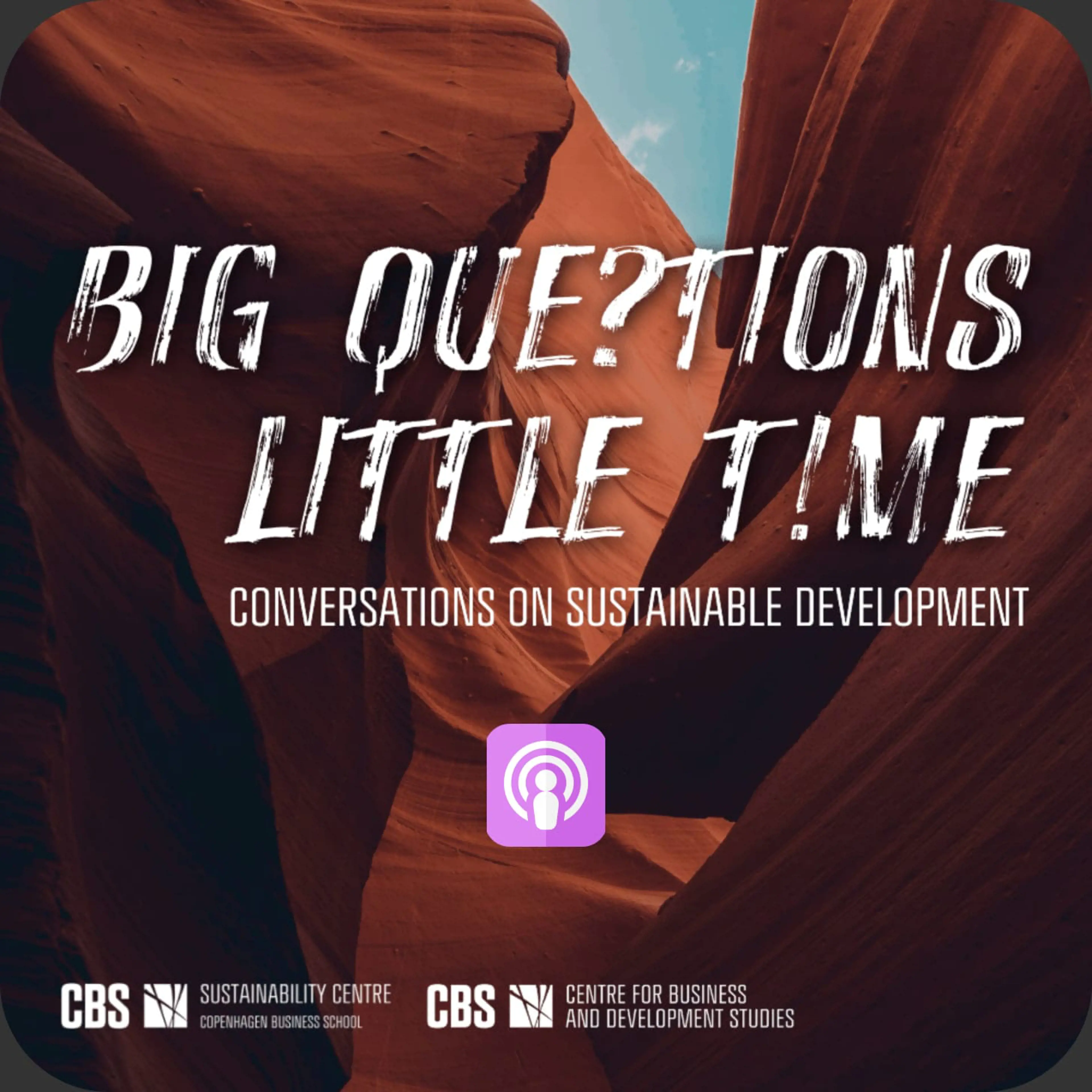One of the biggest challenges companies currently face is investing in solutions and technologies for a future that is radically different from what we know today. In a few decades, or even years in some cases, new ways of living will emerge, requiring solutions and technologies that we currently have limited knowledge of. For example, dietary habits may change drastically, and the use and production of energy will also evolve. Climate challenges are one of several “drivers” propelling this development into the future.
While individuals can gradually adapt to changes, companies are forced to develop solutions that are ahead of the changes while also meeting current market needs. This creates a dilemma for companies: How can they continue to maintain solutions that work in the short term while developing long-term strategies for a sustainable future?
This dilemma is the focus of the project “Making Distant Futures Actionable – How Companies Act into the Distant Future,” funded by the Novo Nordisk Foundation.
Through the project, we have worked with three leading Danish companies, each developing advanced solutions for a sustainable future based on ambitious climate goals.
We have followed selected processes in these three companies: Novo Nordisk’s work on developing life-science solutions for a circular economy in everything from production to new return systems, Arla’s work on solutions for biodiversity and regenerative agriculture, and Ørsted’s work on solutions for net-zero energy that also positively contribute to the marine environment.
Through this work, we have identified four common characteristics among the three otherwise very different companies.



